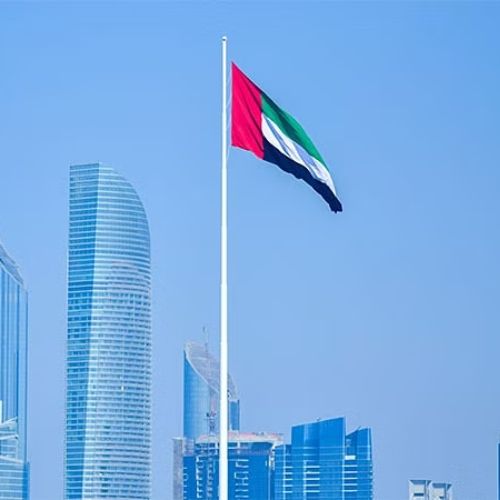Indian oil refineries are now using the United Arab Emirates dirhams to pay for the majority of their oil from Russia, which is purchased through Dubai-based traders, according to four sources familiar with the situation. The change comes as they are no longer paying in US dollars.
Although India does not acknowledge Western sanctions against Russia and buying Russian oil may not necessarily contravene these sanctions, banks, and financial institutions are being cautious when it comes to clearing payments to avoid accidentally violating the various measures imposed against Russia due to its invasion of Ukraine.
Indian refiners and traders are worried that they may not be able to keep using dollars to settle trades, especially if the cost of Russian crude exceeds the limit set by the Group of Seven nations and Australia in December.
This concern has prompted traders to find alternative payment methods, which could also assist Russia’s efforts to reduce its dependence on the US dollar due to the Western sanctions.
Previously, when Indian refiners tried to pay Dubai-based traders for Russian oil in dirhams through Dubai banks, it didn’t work and they had to switch back to using the US dollar.
However, India’s leading bank, the State Bank of India (SBI), is now processing these payments in dirhams, as reported by the sources. This information has not been previously disclosed. The SBI, which has branches overseas including in the US, did not respond to inquiries for comment.
The G7 price cap prohibits any Western company, such as insurance and shipping services, from participating in the trade of Russian crude oil if the cost is more than $60 per barrel at the point of loading in Russia. This rule applies even if the oil is destined for countries like China and India, who do not abide by the price cap.
The switch to dirham payments was prompted by the State Bank of India (SBI) requesting that refiners who wanted to pay for Russian crude oil in dollars provide a detailed breakdown of the costs of the oil, freight, and insurance. This allowed the SBI to examine the trade and make sure it did not violate the price cap.
According to one source, the State Bank of India (SBI) is very cautious in its approach, even though India does not adhere to the price cap and does not utilize Western insurance and shipping services for delivery. Indian refiners usually purchase Russian crude oil from traders at a price that includes delivery to India.
Indian refiners typically purchase Russian crude oil from traders at a price that includes delivery to India. A bill for one such transaction viewed by Reuters showed that the traders asked for an average price for Urals crude that included the cost of freight. The document calculated the price of the cargo in both dollars and dirhams.
According to four sources, Indian refiners are purchasing Russian oil with delivery included to minimize any shipping risks, and so far the cost calculated at the point of loading has been below the price cap. Indian refiners mainly purchase Russian crude from Dubai-based traders, such as Everest Energy and Litasco, which is a subsidiary of the Russian oil company Lukoil.
Everest Energy and Litasco did not reply to inquiries for a statement. India’s oil secretary, Pankaj Jain, stated last month that Indian firms were not encountering any issues in paying for Russian oil as the recent actions by the West do not affect the trade settlement process.
Read More-India now buys 33 times more Russian oil than it did a year ago
There is a slight rise in bond yields as traders focus their attention on the Union Budget2023















